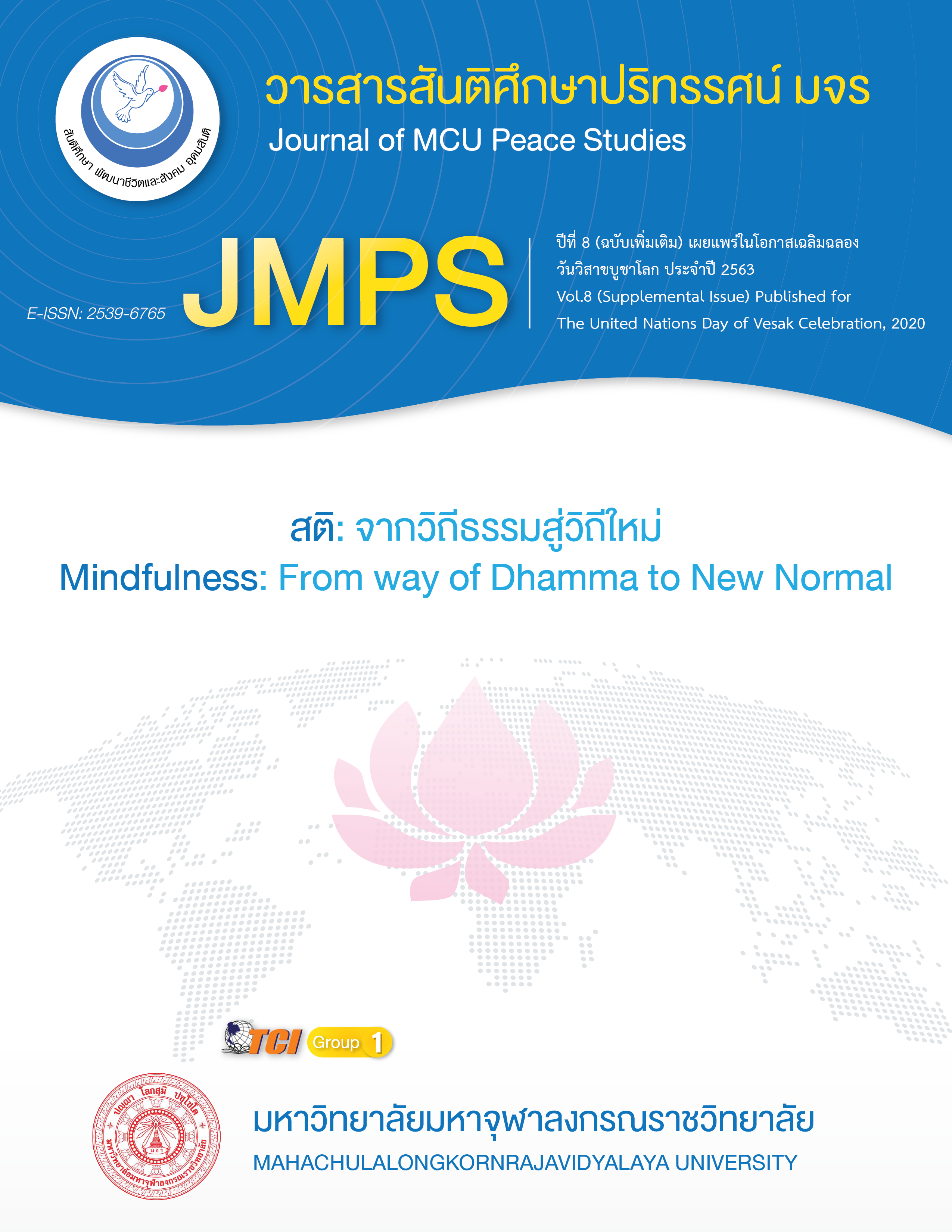Sexual Violence against Women: A Study of Struggling and Negotiation of Raped Ethnic Women
Main Article Content
บทคัดย่อ
This research article has 2 objectives: 1) to find out conditions and contexts which facilitate sexual violence against marginalized ethnic women as well as the effects of rape occurring in marginalized ethnic women; and 2) to find out how raped ethnic women are able to overcome trauma and negotiate with the family and community. The research methodology consists of 3 methods; 1) the participatory observation by joining daily life activities with key informants;
2) in-depth interviews with key informants; and 3) interviews with representatives of NGOs and governmental officers. The units of analysis consist of narratives of the raped ethnic women to understand how structural conditions subjugate raped ethnic women as well as how these women have struggled or negotiated in their life.
From the research, it is found that: 1) the rape of the ethic women is a form of sexual violence derived from multiple factors; politics, government, justice process, economics and culture that affected the victims’ daily lives. The violence overlaid with ethnicity, gender, labor migration, and unequal power of negotiation that repeatedly jointly produced the violence as normal phenomenon, and 2) new identities of the raped women could be built up as survivors by use of the NGOs mechanism in struggling in the justice process, and use of various kinds of capitals such as being good mothers, grateful daughters, being wealthy status, etc., to negotiate with their family, community and others to overcome the trauma and survive worthily in the society.
Article Details
ทัศนะและความคิดเห็นที่ปรากฏในบทความในวารสาร ถือเป็นความรับผิดชอบของผู้เขียนบทความนั้น และไม่ถือเป็นทัศนะและความรับผิดชอบของกองบรรณาธิการ ยินยอมว่าบทความเป็นลิขสิทธิ์ของวารสาร
เอกสารอ้างอิง
Burstow, B. (2013). Toward a radical understanding of trauma and trauma work. Violence Against Women, 9 (11), 1293-1317.
Karen Women's Organization. (2004). Rape - Leaving the hair in silence. The 60th anniversary of Aung San Suu Kyi. [n.p.].
Karen Women Organization. (2016). “Situation of violence against women in Thai-Myanmar border”. Interview. June, 10.
Killivayalli, D. (2010). Narratives of suffering of South Asian immigrant survivors of domestic violence. Violence Against Women, 16 (7), 789–811.
Laungaramsri, P. (2006) . Alien body, the violent nation and the transnational movement of the Tai Yai women. In Culture without bias, Life without violence. Bangkok: Princess Maha Chakri Sirindhorn Anthropology Center (Public Organization).
Mackinnon, C. A. (1983). Feminism, marxism, method, and the state: Toward feminist jurisprudence. Signs, 8 (4), 635-658.
Mae Tao Clinic. (2016). “Network of women’s organization in Thai-Myanmar border”. Interview. June, 15.
Martin, P. (2008). Another miracle? Managing labour migration in Asia. In the United Nations Expert Group Meeting on International Migration a Development in Asia and the Pacific. Organized by the United Nations Economic and Social Commission for Asia and the Pacific Population Division, Department of Economic and Social Affairs Bangkok, Thailand.
Mookherjee, N. (2003). Gendered embodiments: Mapping the body-politic of the raped woman and the nation in Bangladesh. In N. Puwar & P. Raghuram (Eds.), South Asian Women in the Diaspora. Oxford: Oxford University Press.
Nagel, J. (2003). Race, ethnicity, and sexuality: Intimate intersections, forbidden frontiers. Oxford: Oxford University Press.
Ortner, S. B. (2006) . Anthropology and social theory: Culture, power and the acting subject. London: Duke University Press.
Sangiamphaisansuk, C. (2005). L’économie des biens symboliques by Pierre Bourdieu: Translation and analysis of sociological concept. Master’s thesis. Faculty of Liberal Arts. Thammasat University.
Scheper-Hughes, N. (1992). Death without weeping: The violence of everyday life in Brazil. Oakland: University of California Press.
Shan State Human Rights Foundation. (2002). Rape license sexual abuse record in Shan State. Bangkok: Human Rights Development Council.
Womersley, G. & Maw, A. (2009). Contextualising the experiences of South African women in the immediate aftermath of rape. PINS, 38, 40-60.
Yanyakasemsuk, R. (2013). Concepts of class and capital of Pierre Bourdieu, cultivated cultural capital through social melting. Burapha Journal of Political Economy, 2 (1), 29-43.


